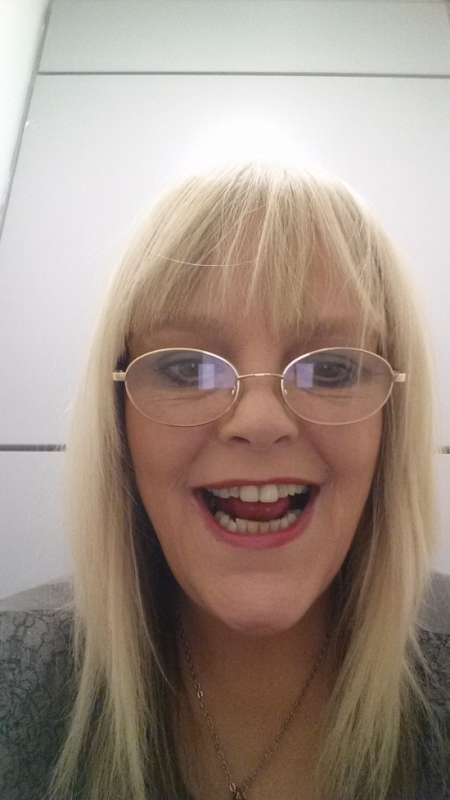Profiles in Recovery

Sheila Murray
Sheila Murray’s path to recovery is rooted in science and self-empowerment. She’s one of a growing number of people who have discovered effective alternatives to 12-step programs.
Murray credits SMART Recovery® – the most popular AA alternative – with helping her overcome alcohol addiction. She followed SMART’s program for self-directed change, based on the principles of Cognitive Behavioral Therapy.
“I discovered that I could be in charge of my thoughts, feelings and behaviors – and to question my irrational beliefs rather than just accepting them,” Murray says. “SMART has shown me how to lead a more balanced life . . . I use the SMART Tools not just for my addiction, but as a basis for my new lifestyle.”
Murray’s own experience was so positive that she now volunteers as a facilitator for SMART Recovery in the United Kingdom.
Volunteerism:
SMART Recovery Facilitator, United Kingdom. Volunteer on Service Users’ Group for the West Lothian Drug and Alcohol Service in Scotland.
What I lost to addiction:
My home, good friendships, self esteem, family, appearance, job
At my worst, I was:
Losing my own home, being arrested several times and being held in the cells
What worked for me:
Finding SMART Recovery – realizing that if I chose this addictive behavior then I could also choose to stop it. Cognitive Behavioral Therapy mainly.
Favorite recovery quote:
You’ve always had the power my dear, you just had to learn it for yourself” ~ Glinda the Good Witch, from The Wonderful Wizard of Oz
When cravings come:
Stop what I’m doing, take a few breaths, and find something else to do until it passes. I have photos in my mind that go from happy drinking – right through to lying in the street, or in the cells. Euphoric recall is a dangerous place.
On my bucket list:
Continue to gain as many qualifications as I can. Become a fully qualified counselor. Go to Jersey with the family. See Neil Diamond live.
Best advice for newbies:
Take each day/hour at a time. Don’t make unrealistic demands on yourself. Congratulate yourself on any successes instead of just beating yourself up about your “failures.” Try to be positive and do something every day – however small. Go to SMART Recovery meetings.
What I value most in recovery: I’m still here to make amends in one piece, I have my family and am reunited with good friends. Being in a position to help others and put this awful addiction to good use. Being in the right state of mind and able to study.
What I learned about myself:
That I have more resolve/strength that I thought possible.
I get inspired by:
My counselors other people in recovery, anyone who is a positive influence on my life.
Proudest moment:
Receiving my NQ Intro to Counseling Certificate, SMART Recovery Facilitator Certificate and Certificate recognizing my commitment to SMART Recovery
Thoughts on relapse:
Keep trying – take the relapse, learn from it, put it in the past where it belongs. You can’t change it – move forward and kick start again.
SHED THE STIGMA:
If you’re a person in long-term recovery who wants to share your insights, please contact us at [email protected].